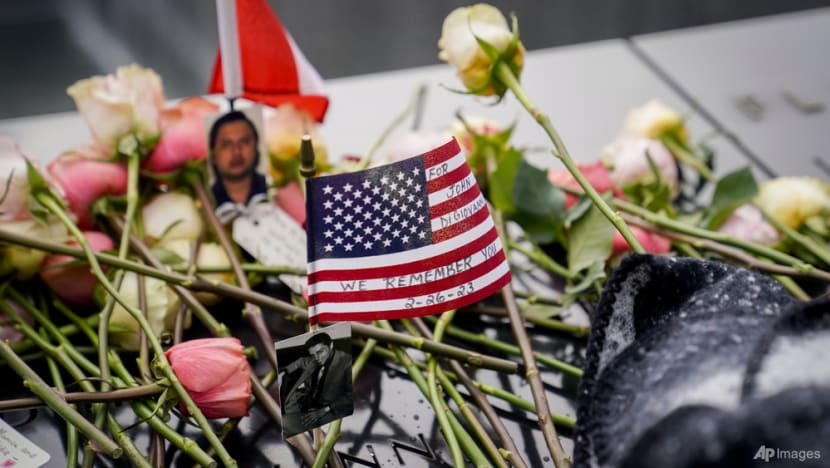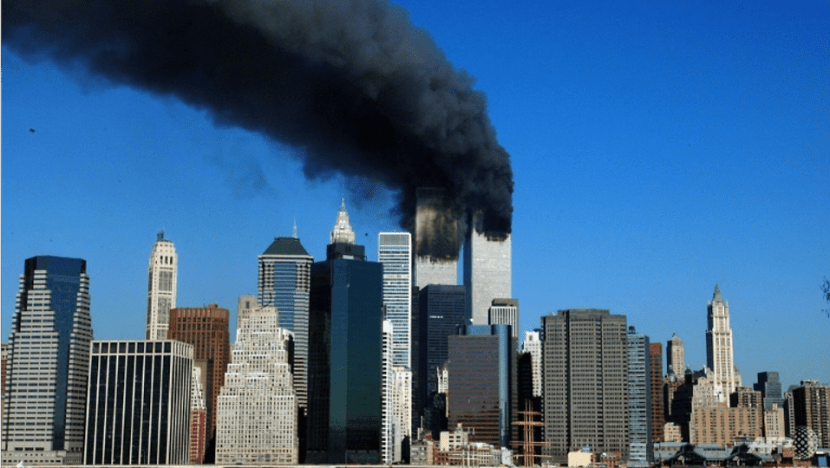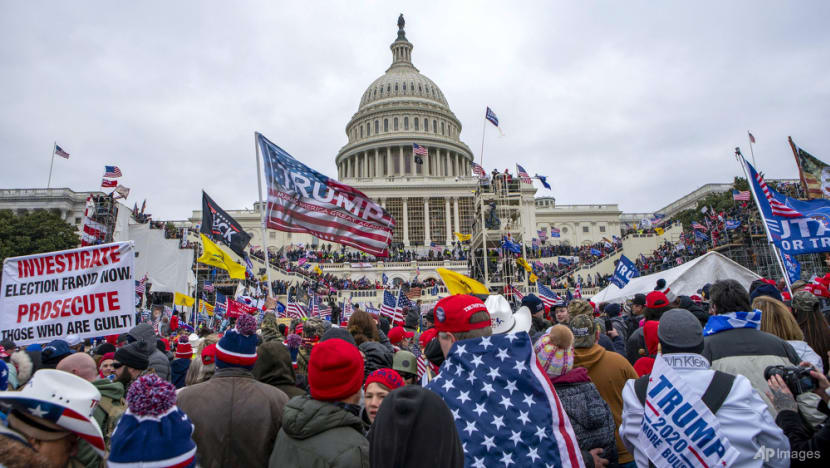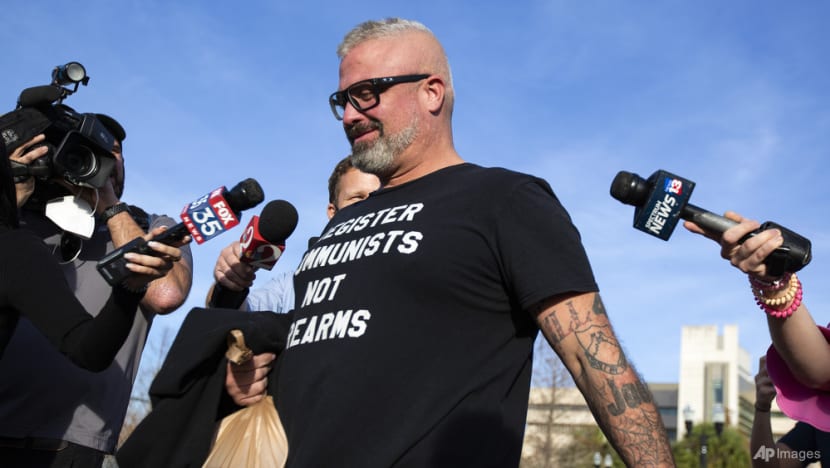Domestic terrorism threats on the rise in the US 22 years after 9/11 attacks
The number of investigations by the Federal Bureau of Investigation (FBI) into domestic terrorism and extremism in the United States has more than doubled since 2020.

NEW YORK: The face of terror threats in the United States has taken a domestic turn, 22 years after the deadly 9/11 attacks in New York.
The number of investigations by the Federal Bureau of Investigation (FBI) into domestic terrorism and extremism has more than doubled since 2020.
Officials are pivoting to address the threat, with the Department of Justice establishing a new domestic terrorism unit in response to the evolving security landscape.
Memorials are taking place across the country to mark the anniversary of the attacks on Sep 11, 2001, when nearly 3,000 people were killed in what remains the deadliest terror attack on US soil.
The events, which involved attacks on New York's World Trade Center and the Pentagon, led to the so-called “global war on terror”.
Many analysts, however, believe the biggest threats America faces today are on its own doorstep.
SAFETY AND SURVEILLANCE
The attacks on 9/11 changed the face of public safety in the US.
The first Director of the Office of Homeland Security was appointed just 11 days after the Twin Towers fell, while the New York Police Department created a counterterrorism bureau in its aftermath.

Mr William Owen, communications director of the Surveillance Technology Oversight Project, told CNA: “So many surveillance resources were used to unconstitutionally target Muslim New Yorkers, Arab New Yorkers, South Asian New Yorkers and really surveil their homes, schools, houses of worship.”
The group litigates and advocates for privacy, fighting against excessive local and state-level surveillance.
Former New York City mayor Michael Bloomberg, who took office just months after the attacks, said the intelligence gathering was legal and designed to keep the country safe.
In the aftermath of 9/11, a major focus was on preventing the next large-scale terrorist attack.
In 2003, there were concerns that Al-Qaeda was plotting a chemical strike on the New York subway system.

The deadliest terrorist attack in New York since 9/11 occurred in 2017, when a man drove a truck down a bike path, killing eight people.
Concrete barriers have since been erected around parts of the city to help prevent such attacks from happening again.
Associate professor of political science Peter Romaniuk, from the John Jay College of Criminal Justice, said: “It’s really hard to measure the precise effects of all of those kinds of preemptive or preventive measures, but it’s certainly become more difficult to mount and execute or plan and execute an attack in the West.”
In the years since 9/11, the threat perception in America has gradually changed, according to analysts.
While terrorism planned by external actors remains a concern, domestic terrorism is increasingly in the spotlight.
THE DOMESTIC FRONT
The US Department of Homeland Security has warned that lone individuals and small groups in the country motivated by a broad spectrum of views or grievances, now pose a persistent and lethal threat.

Experts said anti-government extremists and white supremacists are the predominant perpetrators.
“It’s been a bit of a fertile time, a bit of a perspicacious moment for right-wing extremist movements to be a bit more public, to be a bit more assertive in terms of articulating their grievances or trying to win adherence or indeed taking specific action,” said Assoc Prof Romaniuk.
More than 1,100 arrests have been made in the wake of the assault on the US Capitol on Jan 6, 2021.
Back then, thousands of supporters of former US President Donald Trump breached the building in an attempt to stop Congress from certifying the results of the 2020 presidential election, which saw current President Joe Biden elected.
Some in the country fear punitive action may embolden certain far-right groups.

Mr Patrick Riccards, executive director and CEO of Life After Hate, told CNA: “Proud Boys aren’t going away because their leaders are now going to serve prison sentences for January 6th. Somebody else will step into that leadership vacuum.”
The Proud Boys is a self-styled paramilitary group which played a key part in the Capitol riot. Two of its senior members were handed hefty prison sentences last month for their involvement.
“What (they) will do is use these sentences as a way to demonstrate even further that the government is against (them, and saying) the government is trying to prevent (them) from taking back this country,” said Mr Riccards.
While hate and anger in the country are nothing new, some analysts fear that such sentiments are being increasingly channeled into violence.
















